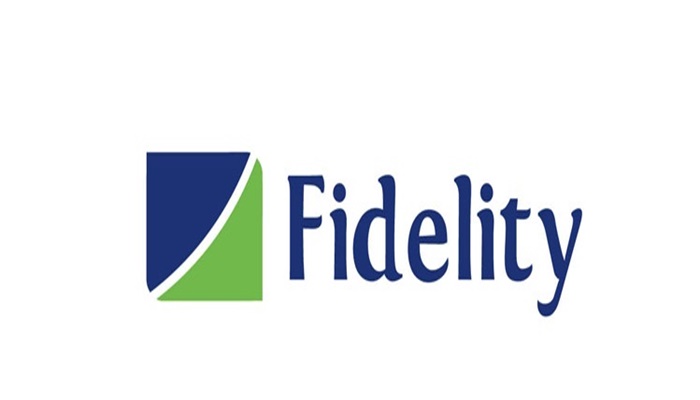
Shareholders of Fidelity Bank Plc have approved 16 kobo per share dividend totally N4.6 billion for its financial year ended December 31, 2015.
With this, the bank has maintained a tradition of consistent dividend pay-out for the past 10 years.
Speaking at the Bank’s Annual General Meeting (AGM) held in Lagos, the Chairman of the Bank, Chief Christopher Ezeh noted that the Bank performed relatively well in spite of the economic whirlwind occasioned by the free fall in the global oil prices and attendant capital controls of the Central Bank of Nigeria (CBN).
Ezeh said the tough business environment reflected more on the fees and commission income of the Bank which dropped by 20.8 percent to N23.3 billion from N29.4 billion due to regulatory restrictions on foreign exchange transactions.
He explained that the bank improved the earning capacity of its balance sheet even in the face of decline in fee income precipitated by a N10 billion reduction in its foreign exchange income.
A glimpse of the financial results show that gross earnings for the period ended December 31, 2015 grew to N146.9 billion from N136.1 billion recorded in 2014. Profit after tax for the period rose marginally to N13.9 billion as against N13.8 billion made in the comparable period last year. Whereas total equity increased by 6.0 percent to N183.5 billion from N173.1 billion in 2014, net operating income stood at N83.9 billion, a moderate 12.5 percent rise from N74.6 billion in 2014.
On the Bank’s outlook for the 2016 financial year, Balarabe noted that the Bank will focus on redesigning its systems and processes to enhance service delivery, deepen its cost optimisation initiative to reduce operating expenses and cost-to-serve, while enhancing it over all risk monitoring capacities to ensure both internal and external risks are identified and mitigated before they crystallise.
Also, the Acting Managing Director/Chief Executive Officer of the bank, Mr. Mohammed Balarabe, said that the financial year under review was challenging due to a number of factors, the difficult operating environment, the tight monetary stance of the Central Bank of Nigeria (CBN), implementation of the Treasury Single Account (TSA) and currency devaluation concerns which culminated in negative earnings headwinds in the banking industry.







Comments are closed.